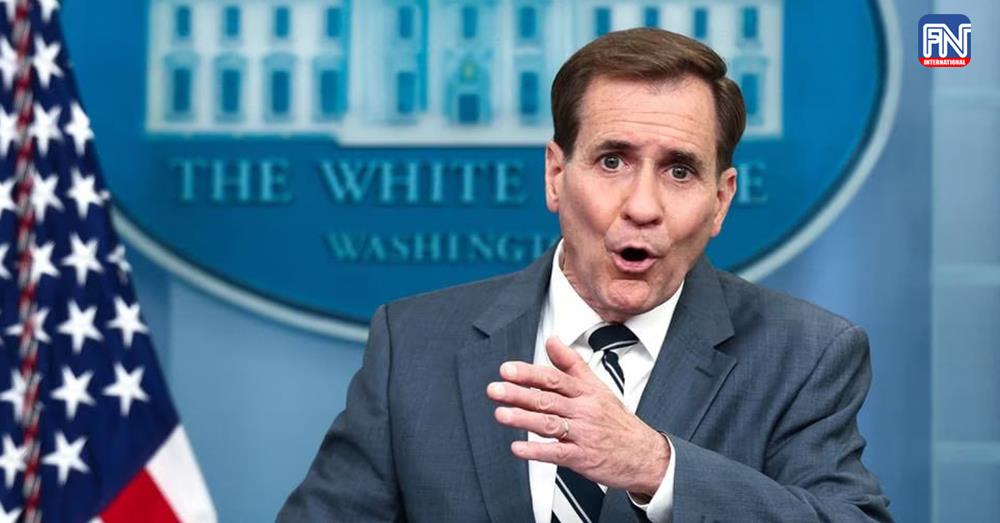WASHINGTON, June 5 (Reuters) - The White House said on Monday recent dangerous encounters between U.S. and Chinese forces in the Taiwan Strait and South China Sea reflect a growing aggressiveness by Beijing's military that raises the risk of an error in which "somebody gets hurt."
Washington's sharply worded warning followed the U.S. Navy's release on Sunday of a video of what it called an "unsafe interaction" in the Taiwan Strait in which a Chinese warship crossed in front of a U.S. destroyer in the sensitive waterway.
The incident comes as both countries trade blame for not holding military talks - with disagreements between the rivals over everything from trade and Taiwan to Russia's invasion of Ukraine - and could raise the potential for future confrontations.
It also follows a May 26 incident in which a Chinese fighter jet carried out what the United States called an "unnecessarily aggressive" maneuver near an American military plane over the South China Sea in international airspace.
"Sadly, this is just part of, again, a growing aggressiveness by the PRC (People's Republic of China) that we're dealing with, and we're prepared to address it," White House spokesperson John Kirby told reporters amid deteriorating ties between Washington and Beijing.
"It won't be long before somebody gets hurt," Kirby said. "It wouldn't take much for an error in judgment or a mistake to get made."
In Beijing, Wang Wenbin, a Chinese foreign ministry spokesperson, said that "the measures taken by the Chinese military are completely reasonable, legitimate, and professional and safe."
Kirby said the United States would continue to stand up for the freedom of navigation in the air and sea.
"I sure would like to hear Beijing justify what they're doing," Kirby said. "Air and maritime intercepts happen all the time. Heck, we do it. The difference is ... when we feel like we need to do it, it's done professionally."
Kirby said if China wanted to deliver the message that the United States was not welcome in the area or that it wanted American aircraft and vessels to stop flying and sailing in support of international law, that would not succeed.
"It's not gonna happen," Kirby said.
